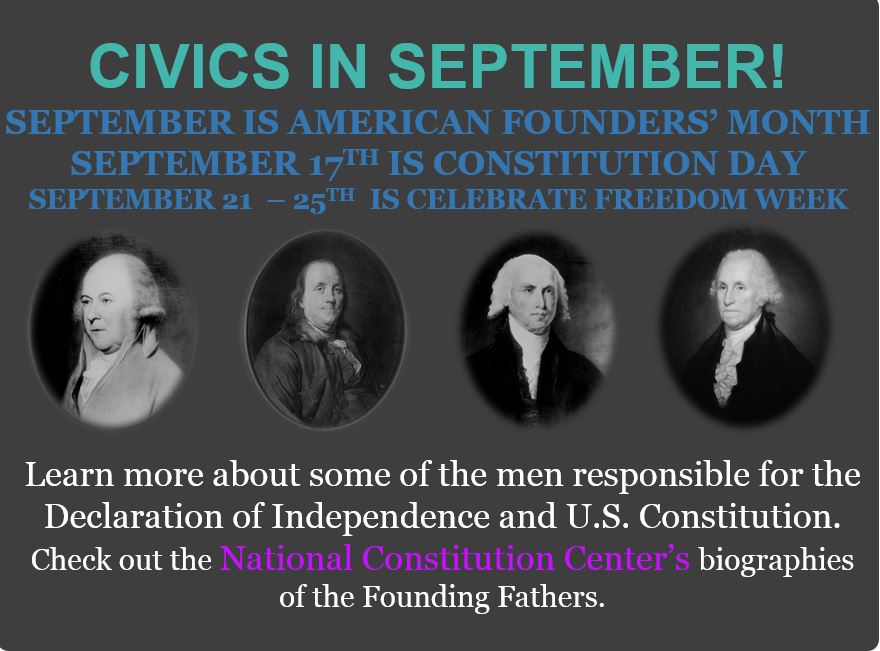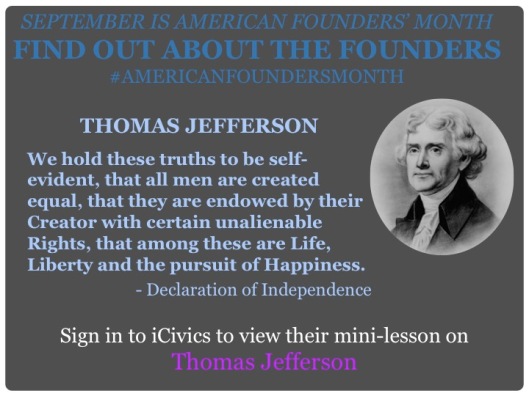It makes sense to introduce game theory by playing some games. Many online and in-person games are available for that purpose. A useful list of reviews is here. I could not, however, find games that would play well in a large virtual course, especially without a significant registration fee. So I made some up, and they seemed to work well in a class of 62 students yesterday. I am making them available here.
The games simulate:
- A pandemic at a university. (How much does each student comply with social distancing?)
- Carbon policy. (How much does each country reduce its emissions?)
- Carbon policy with negotiations; and
- An iterated commons game involving fishing.
Instructions are provided in the first sheet. In brief, an instructor should …
- Show students each sheet of the spreadsheet in turn.
- Read or briefly explain the scenario at the top. Do not answer questions about what the students’ objectives should be or what defines winning. Let them just play.
- Field a survey–using Zoom or another platform–with the choices that are presented in each scenario. E.g., The response options for the first scenario (the college pandemic) should be 0, 1, 2, 3, or 4.
- Enter the data from the survey in the grey cells of the sheet (e.g., cells B14-B18 in the college pandemic scenario). The other cells are all locked.
(In the second climate game, students should talk in breakout groups before they take the survey individually. In the fishing game, there are three rounds.)
- Discuss the results shown in the rest of each table once the data are entered.
Here are some questions for discussion:
- A game has parameters–for example, the number of players, the choices they can make, and whether players can talk. What other parameters can you think of that go into a game? How do you know whether the parameters are right for the situation?
- What assumptions do we make by using a game to model/represent/explain the real world?
- What kinds of situations–if any–can game theory help to explain? (You might think of other examples or general categories of situations that games seem useful for.)
- What kinds of questions can game theory probably not answer?
- When introducing his idea of the “Tragedy of the Commons,” Garrett Hardin talks about the “solemnity of the relentless working of things,” “the inevitableness of destiny,” and “the futility of escape.” Did we see evidence today that disaster is inevitable when people try to coordinate their behavior? If not, is there anything valuable in Hardin’s idea?
You’re likely to get some intriguing specific results. For instance, when my students played the carbon-policy game, the global results were pretty good. (They’re a bunch of environmentalists.) I then put them in small groups to simulate negotiations before surveying them again. After their discussions, the global impact on carbon worsened. It appears that some of the groups became small conspiracies against the common good. Specifically, some students persuaded each other that they could get away with emitting more carbon.
To test whether this result generalizes, you would have to repeat it with controls. Maybe the result worsened just because it was the second try. In any case, it is fun to discuss the concrete results, form hypotheses, and connect the games to the real world.
See also: why learn game theory? (a lesson plan that includes a game) and these posts about game theory.



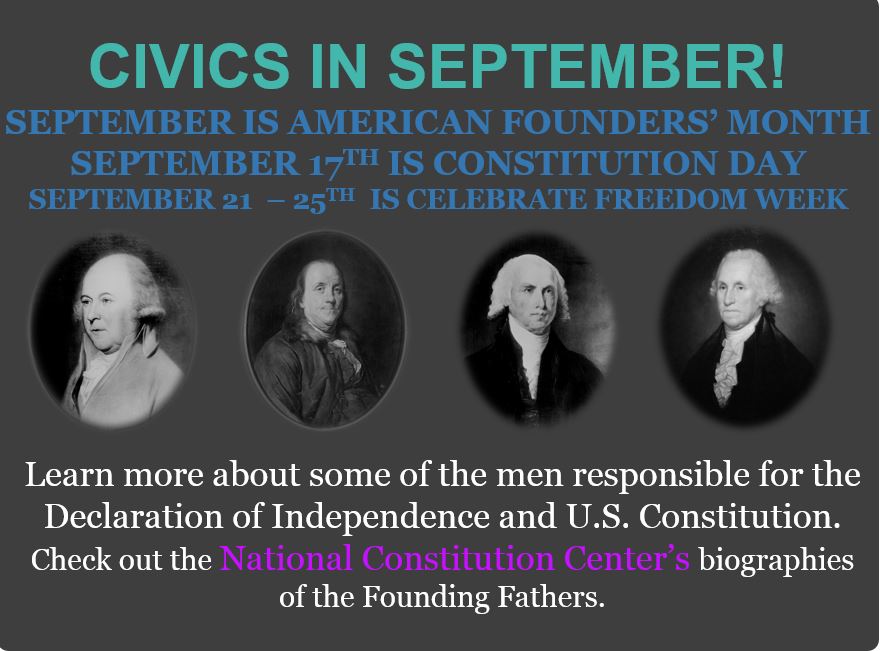
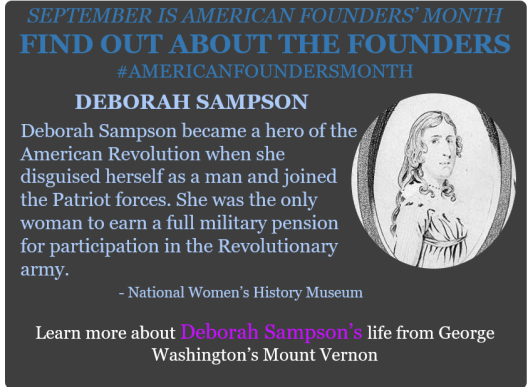
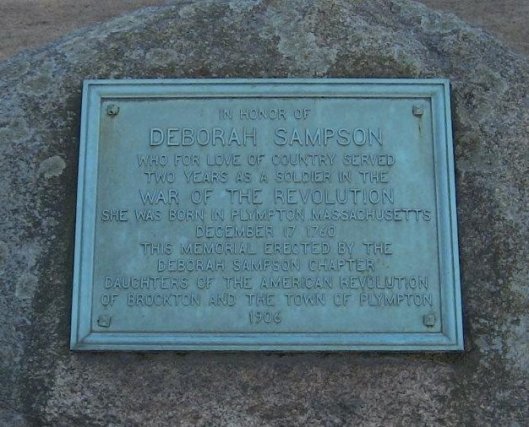


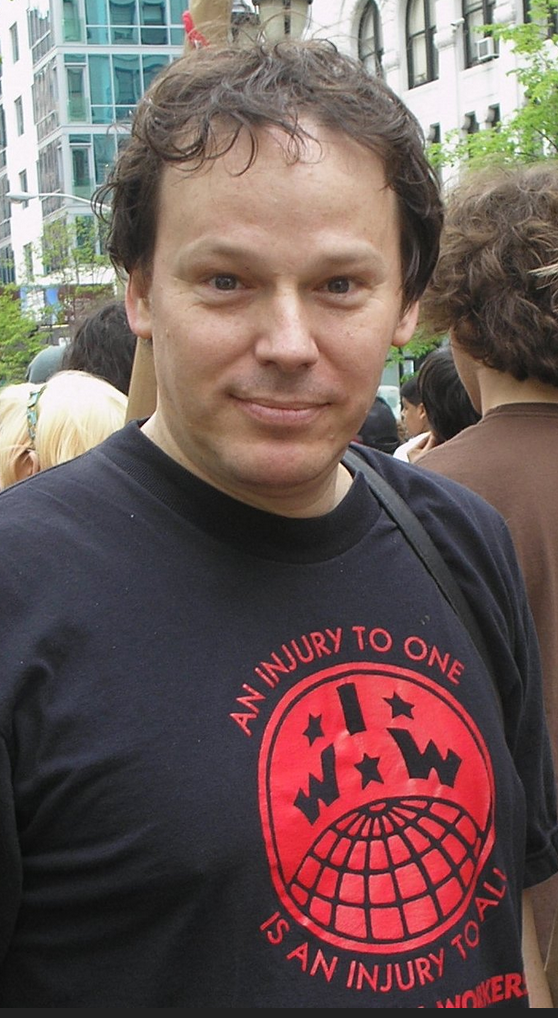 The death of activist/anthropologist David Graeber last week was a cruel loss in these already-difficult times. Graeber was only 59....he clearly had many more dazzling books ahead of him....and those of us questing for system-change as multiple crises converge, took great inspiration from his thinking.
The death of activist/anthropologist David Graeber last week was a cruel loss in these already-difficult times. Graeber was only 59....he clearly had many more dazzling books ahead of him....and those of us questing for system-change as multiple crises converge, took great inspiration from his thinking. 